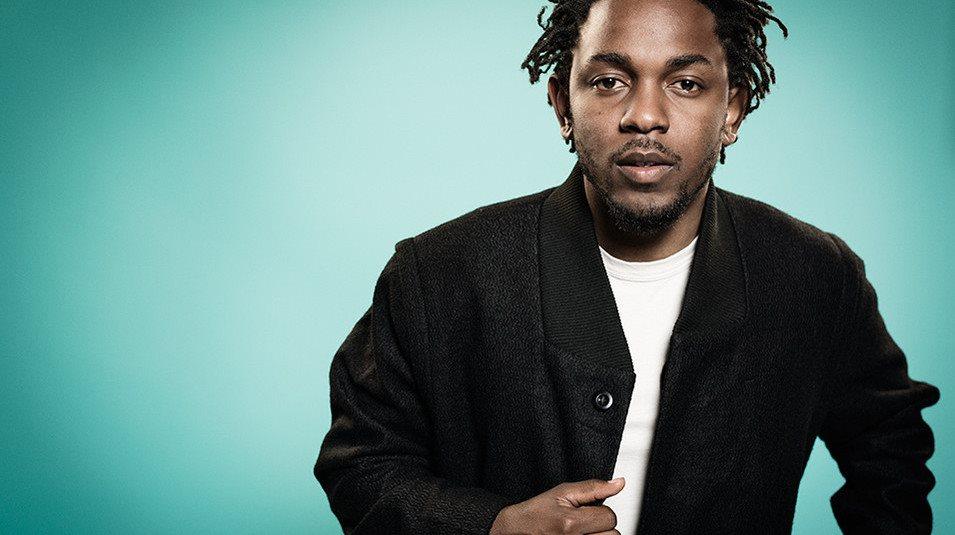facebook.com
As sweat drips from his forehead, he slowly raises his hands in the air. His heart feels like it’s about to explode. Tears emerge as he begins to wonder whether or not he’ll live to see tomorrow.
“Please, I’m not poison. I’m not poison, I’m just a boy from the hood that wants to do good,” he tells the police officer. He’s scared for his life, but then again, what young African- American wouldn’t be if a police officer pulled out his weapon. This is the image that Jay-Z paints on his song, “Spiritual.”
Over the past few years, cases of police brutality have greatly scarred and impacted the African-American community. It’s through these tragedies the hip-hop community began going back to its roots and started taking on social and political stances.
When hip-hop was in its prime in the late 80s and early 90s, it was used as a vessel to spread the realities and struggles others faced. Artists like Killer Mike, Wu Tang Clan, The Fugees and Nas used their platforms and artistry to spread awareness of the inequality that plagued not only African-American communities, but all communities as well.
As time went on, hip-hop started being attached to drug and gangsta culture. Then, throughout the 2000s, mainstream hip-hop was all about partying. It seems that it had forgotten where it had come from. The Fetty Wap’s and Rae Sremmurd’s started becoming staples of the rap game, until more and more tragedies started striking the African-American communities.
These events gave rise, and brought awareness to new and old hip-hop artists alike. Some artists began to usetheir platform to push awareness of the Black experience. Kendrick Lamar and J. Cole are leaders in social justice rap, both making music revolving around the inequalities in America.
Some hip-hop artists have had such great influence that it gives them access to the highest echelon of justice reform. According to Time magazine, artists such as Chance The Rapper, Kendrick Lamar and J. Cole sat down with President Obama and top advisers, to discuss criminal justice reform. In addition, they discussed ways to improve and spread awareness of the “My Brother’s Keeper” initiative.
Meetings such as these show the knowledge and influence hip-hop artists have. While white America might frown upon the hip-hop genre because of some of its questionable content, it can’t deny its power to reach young teens and adults alike.
After the tragic shooting and killing of five Dallas police officers and the Alton Sterling killing, rappers The Game and Snoop Dogg gathered and led a peace rally in Los Angeles. According to the Los Angeles Times, both rappers led a march of men of color through Los Angeles to LAPD headquarters. Their mission was to reintroduce the LAPD to the community it serves, hoping to make a connection in order to avoid more loss of life. Their movement allowed them to meet with Chief Charlie Beck and discuss ways to better improve police and community relations.
While hip-hop isn’t perfect, it allows some individuals to spread their positive ideologies. Becoming aware is the first step towards making change. We are in a crucial time of social change and need to recognize the trials and tribulations that others face. In the words of Chance the Rapper, “We tired of picking different sides/ I got your jersey, just a different size.”



































